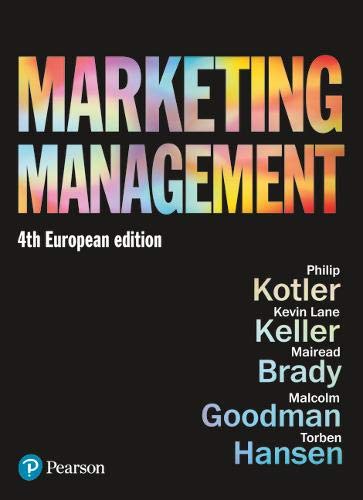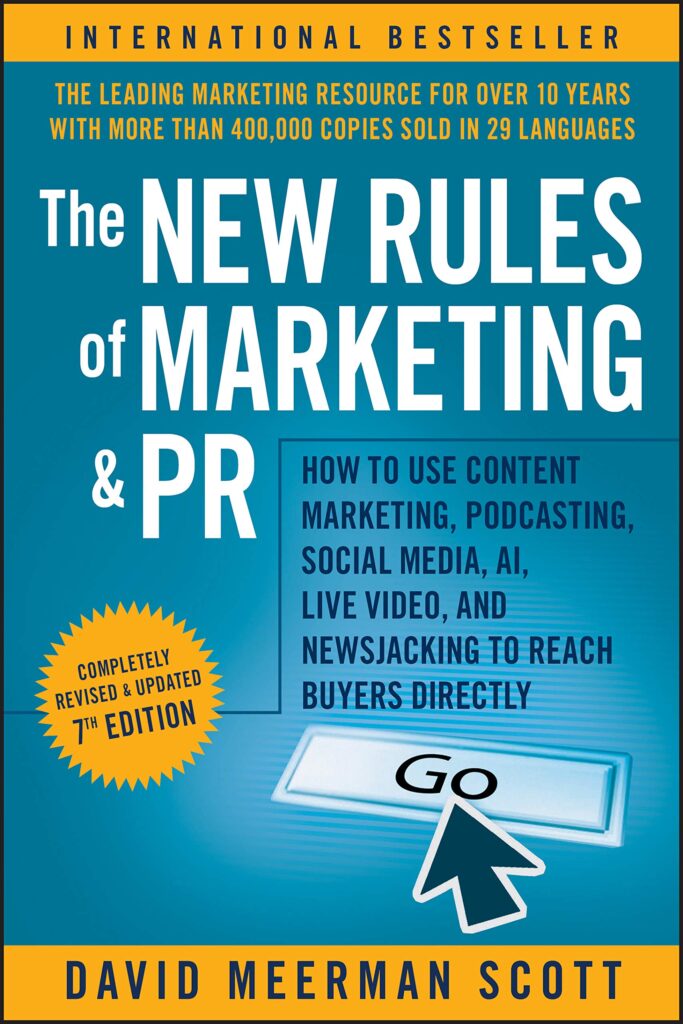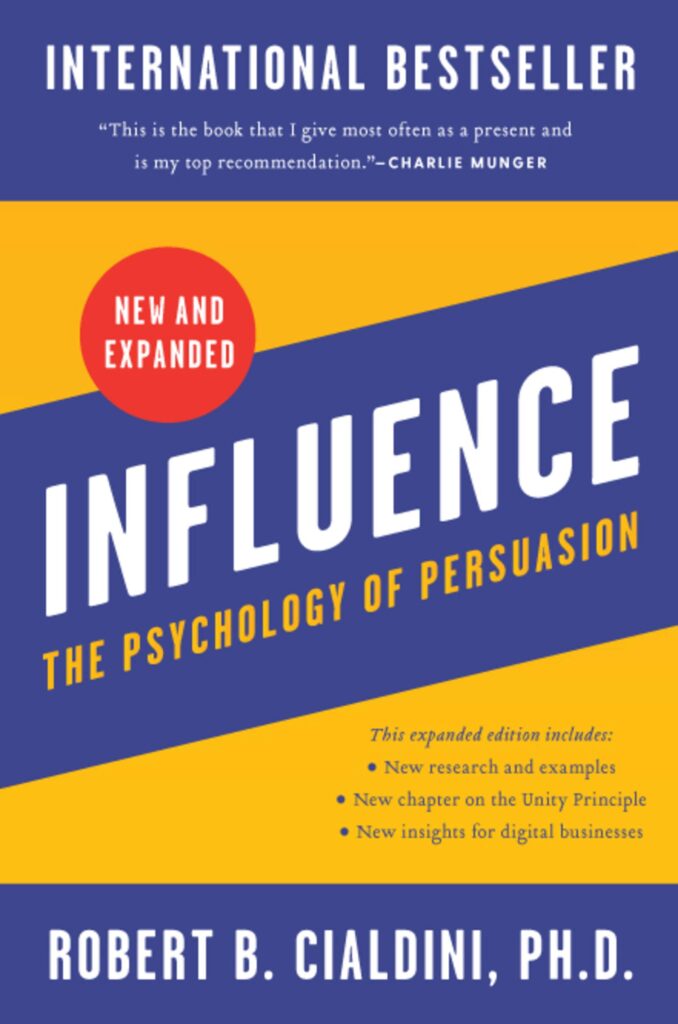
Each year I see an incredible amount written online about World Book Day, but precious little of it discusses published works in the marketing field.
To some degree, I can understand that. If 30+ years of working in marketing have taught me anything, it’s that strategic marketing solutions need to be bespoke; tailored to the company and the problem they’re facing.
That being said, there’s certainly value in learning from the experiences of the world’s most successful marketers. After all, in such a fast-moving industry, if you don’t make the effort to stay up to date, you’re already half way to being left behind!
With that in mind, these are my three books every marketing professional should read and why.
Marketing Management by Philip T. Kotler (and others)

Regarded by many as the holy grail of marketing books, this Chartered Institute of Marketing-approved tome was first penned by Kotler in 1967 and helped earn him the title ‘The father of modern marketing.’
So wide-ranging is Marketing Management that it’s a little difficult for me to know exactly where I should start when recommending it. It’s essential reading for marketers and marketing students alike precisely because it covers so much ground, and so very thoroughly.
However, I especially enjoyed getting an insight into how successful companies operate across different industries. I found it particularly eye-opening to learn how similar many of the challenges they face are, despite the obvious differences in products and services.
Considering when it was written, it really is remarkable how relevant Kotler’s work still is. That can be attributed at least in part to the numerous rewrites and additions it’s gone through, which have helped to bring it up to date for the digital age.
As a UK-based marketer, I can especially recommend the recent 2019 European Edition, which focuses on digital challenges and reflections relevant to this part of the world. You’ll find it on Amazon here.
The New Rules of Marketing and PR by David Meerman Scott

The full subtitle for this book is ‘How to use content marketing, podcasting, social media, AI, live video, and newsjacking to reach buyers directly.’ It’s a bit of a mouthful but offers a lot of content to get your head around which is why it makes it essential reading for social media marketers.
As an experienced marketer, it would be easy for me to rest on my track record of success across sectors as wide-ranging as industrial, food, and manufacturing. If I did, however, I’d soon be outmoded. Reading books like Meerman Scott’s helps me bridge that gap.
The New Rules of Marketing and PR looks mainly at new media, with a particular focus on using social media to talk directly to buyers. It champions content marketing principles as a key way to build trust in a brand, and looks at how marketers can create an effective plan and work closely with creatives to execute it.
Meerman Scott also goes into the growing similarities between the worlds of marketing and PR, and spends valuable time on creation of, and uses for, buyer personas.
It was first published in 2007, so it’s fair to say that many of the ideas in The New Rules of Marketing and PR may not be entirely new anymore. But the 2020 edition is still an insightful read packed with relevant ideas for marketers at all levels and career stages.
Influence: The Psychology of Persuasion by Robert B Cialdini

As much as I loved Meerman Scott’s work with buyer personas, the more in-depth insights into consumer behaviour offered by Robert B Cialdini might be even more valuable.
In Influence: The Psychology of Persuasion, Cialdini offers six fundamental principles that can help brands convert leads into paying customers.
They are:
- Reciprocity: By giving a little away for free, your business creates an underlying obligation in consumers to give back down the line.
- Commitment: Encouraging prospects to commit to something small, like signing up for a free course, increases the chances that they’ll see themselves as not just readers, but as customers.
- Social proof: The idea that people will usually follow what others are doing. On a retail site, for instance, incepting user reviews often leads to a spike in sales for the products that receive the highest number of good reviews.
- Authority: For a brand to truly excel, it helps credibility hugely if it’s seen as an authority. On one hand, it’s the reason sports brands like Under Armour sponsor athletes like Anthony Joshua. On the other, it’s the reason charities like the lifeboat-based RNLI form mutually-beneficial associations with relevant celebrities such as ex rower Sir Steve Redgrave.
- Likeability: The more personable your people, the more likely customers will want to buy from them. From a care home sharing its staff’s heartfelt stories, to a media outlet making a big deal of its people as personalities, there’s incredible scope to use likes to drive sales.
- Scarcity: The things that are low or limited in availability are often the most sought-after. From “last chance” deals to “signups close at midnight” messaging on membership groups, Cialdini pushes scarcity as one of the most popular paths to plenty of business.
It’s certainly not difficult to see how applying even one or two of these strategies could help a business reach more people and make more sales. Using all six (where relevant) across different departments could conceivably transform a company’s fortunes.
If you’re interested in diving into Cialdini’s work, you can grab the expanded 2021 edition here.
Could your business use my marketing expertise?
So that was my contribution to World Book Day: three must-read marketing books for students and marketing professionals alike.
If your business could use some of these strategies and insights, please get in touch. With over 30 years’ of marketing experience spanning ten different sectors, I’d love to see how my know-how could help transform your business.
